The Liturgical Calendar for Year A: 2025
Related Articles: The Liturgical Calendar for Year A: 2025
- 2025 New Zealand Holidays Calendar: A Comprehensive Guide
- U Of A Calendar 2025-26: A Comprehensive Guide
- Cowes, Isle Of Wight Calendar 2025
- 2025 Yearly Calendar
- October 2025 Calendar Excel: A Comprehensive Guide
Introduction
With enthusiasm, let’s navigate through the intriguing topic related to The Liturgical Calendar for Year A: 2025. Let’s weave interesting information and offer fresh perspectives to the readers.
Table of Content
Video about The Liturgical Calendar for Year A: 2025
The Liturgical Calendar for Year A: 2025

The liturgical calendar is a yearly cycle of observances and celebrations used by Christian churches to commemorate the life and ministry of Jesus Christ, as well as the lives of the saints and other significant figures in Christian history. The calendar is divided into three seasons: Advent, Christmas, and Epiphany, which are followed by Lent, Easter, and Pentecost.
The liturgical calendar for Year A in 2025 will begin on Sunday, November 30, 2024, with the First Sunday of Advent. This season of preparation for the birth of Christ will continue until December 24, 2024, the day before Christmas.
The Christmas season will begin on December 25, 2024, with Christmas Day. This season will continue until January 6, 2025, the day of the Epiphany.
The season of Epiphany will continue until Ash Wednesday, February 18, 2025. This day marks the beginning of Lent, a period of forty days of fasting and penance leading up to Easter.
Lent will end on Holy Thursday, April 9, 2025. This day marks the beginning of the Easter Triduum, a three-day period of mourning and remembrance leading up to Easter Sunday.
Easter Sunday, April 12, 2025, is the most important day in the Christian calendar. This day celebrates the resurrection of Jesus Christ from the dead.
The Easter season will continue until Pentecost Sunday, May 31, 2025. This day celebrates the coming of the Holy Spirit upon the apostles.
The liturgical calendar for Year A in 2025 will conclude on Sunday, November 29, 2025, with the Feast of Christ the King. This day celebrates the sovereignty of Jesus Christ over all creation.
Major Feasts and Solemnities
The following are the major feasts and solemnities that will be celebrated during the liturgical calendar for Year A in 2025:
- First Sunday of Advent: November 30, 2024
- Christmas Day: December 25, 2024
- Epiphany: January 6, 2025
- Ash Wednesday: February 18, 2025
- Holy Thursday: April 9, 2025
- Good Friday: April 10, 2025
- Holy Saturday: April 11, 2025
- Easter Sunday: April 12, 2025
- Ascension of the Lord: May 21, 2025
- Pentecost Sunday: May 31, 2025
- Feast of the Holy Trinity: June 7, 2025
- Corpus Christi: June 19, 2025
- Feast of the Sacred Heart of Jesus: June 26, 2025
- Assumption of the Blessed Virgin Mary: August 15, 2025
- All Saints’ Day: November 1, 2025
- Feast of Christ the King: November 23, 2025
Sundays in Ordinary Time
The Sundays in Ordinary Time are the Sundays that fall outside of the major feast seasons. In Year A, there are thirty-four Sundays in Ordinary Time.
The first Sunday in Ordinary Time will be January 12, 2025. The last Sunday in Ordinary Time will be November 22, 2025.
Special Days
The liturgical calendar for Year A in 2025 also includes a number of special days, such as:
- World Day of Peace: January 1, 2025
- Week of Prayer for Christian Unity: January 18-25, 2025
- Ash Wednesday: February 18, 2025
- Lenten Season: February 18-April 9, 2025
- Easter Triduum: April 9-11, 2025
- Easter Season: April 12-May 31, 2025
- Pentecost Season: May 31-June 7, 2025
- Trinity Sunday: June 7, 2025
- Corpus Christi: June 19, 2025
- Solemnity of the Sacred Heart of Jesus: June 26, 2025
- Assumption of the Blessed Virgin Mary: August 15, 2025
- All Saints’ Day: November 1, 2025
- Feast of Christ the King: November 23, 2025
Conclusion
The liturgical calendar for Year A in 2025 is a rich and varied tapestry of feasts, solemnities, and special days. This calendar provides a framework for Christians to celebrate the life and ministry of Jesus Christ, as well as the lives of the saints and other significant figures in Christian history.
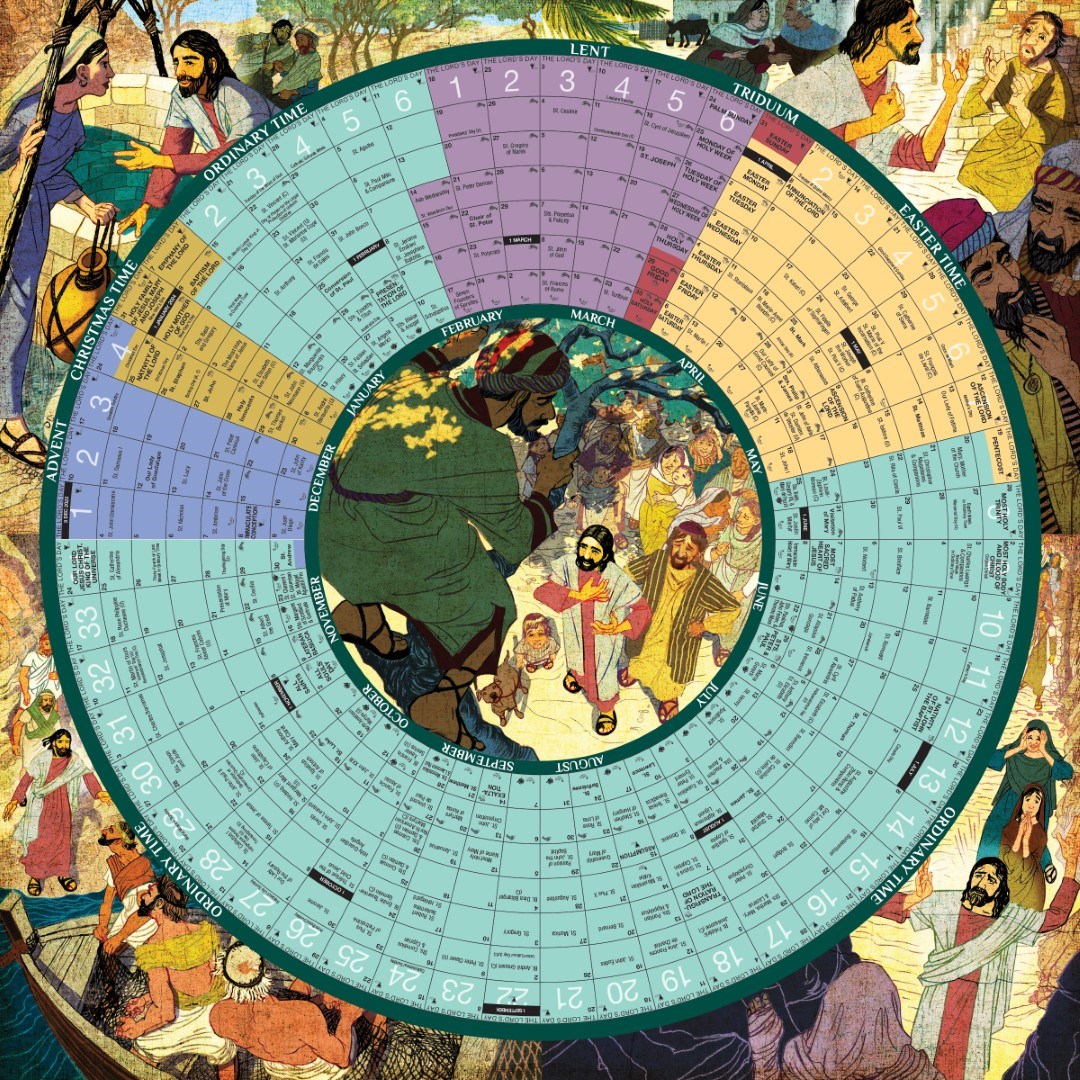
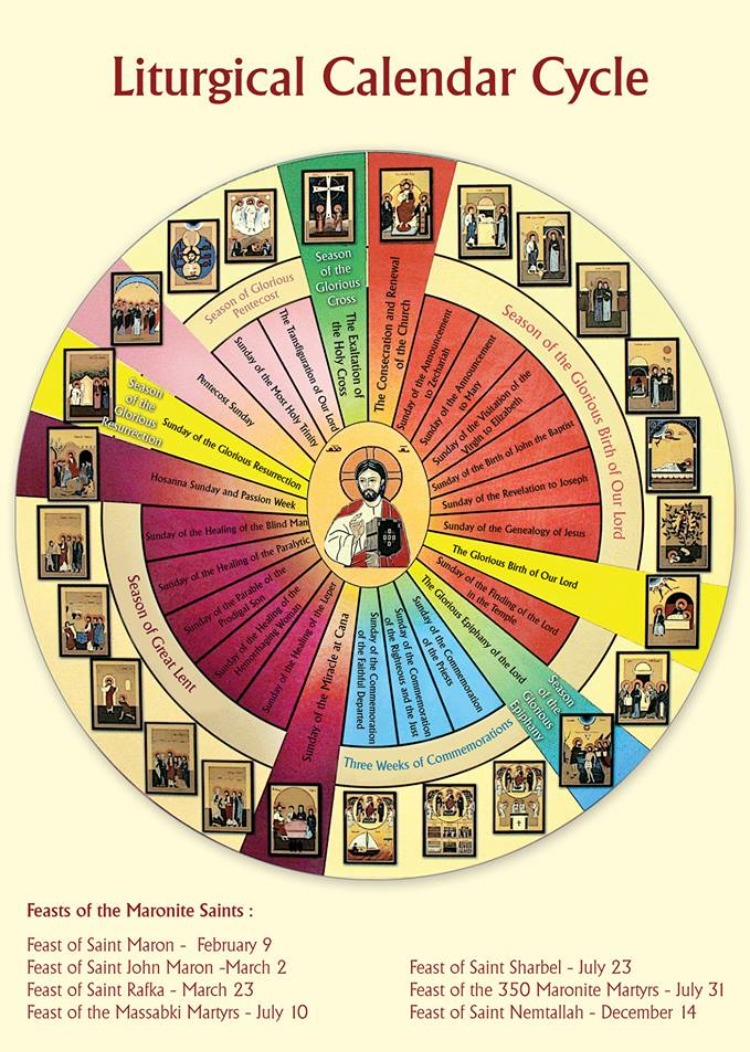
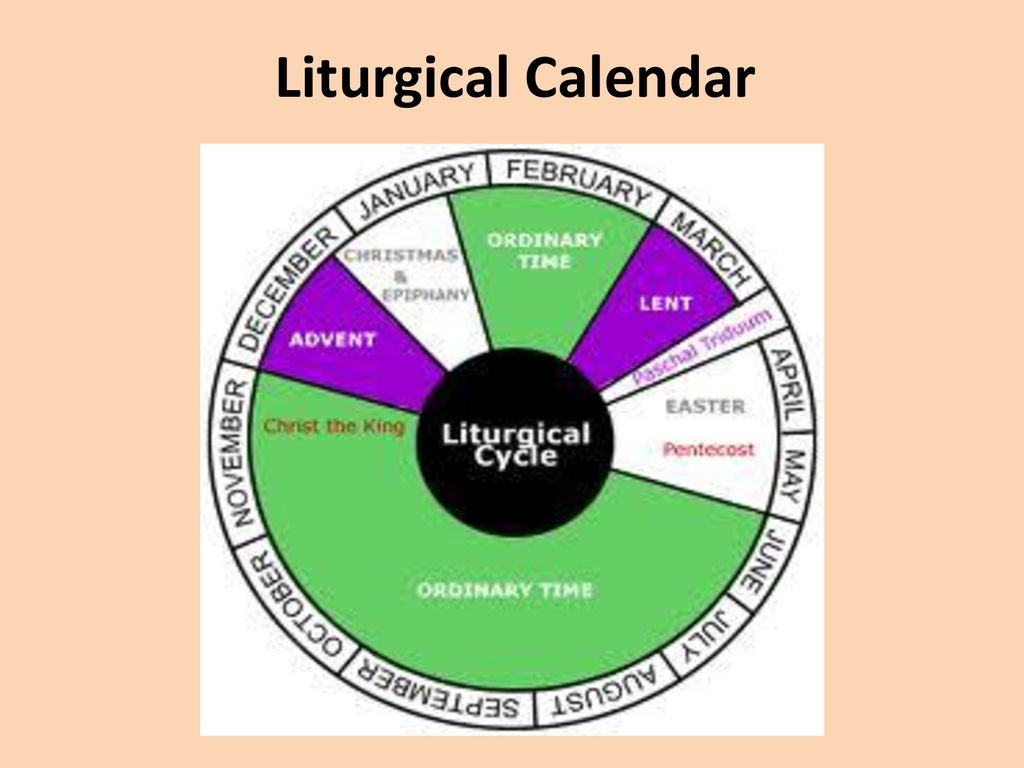
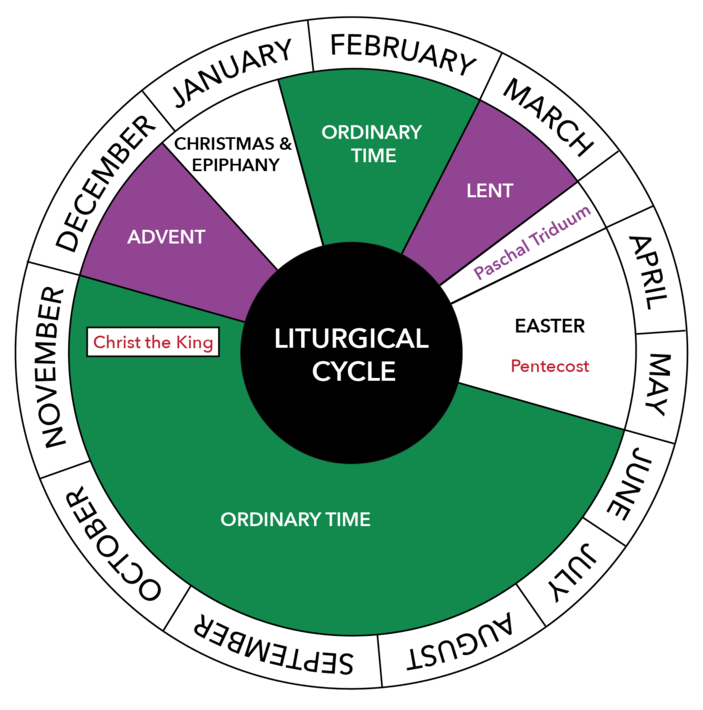
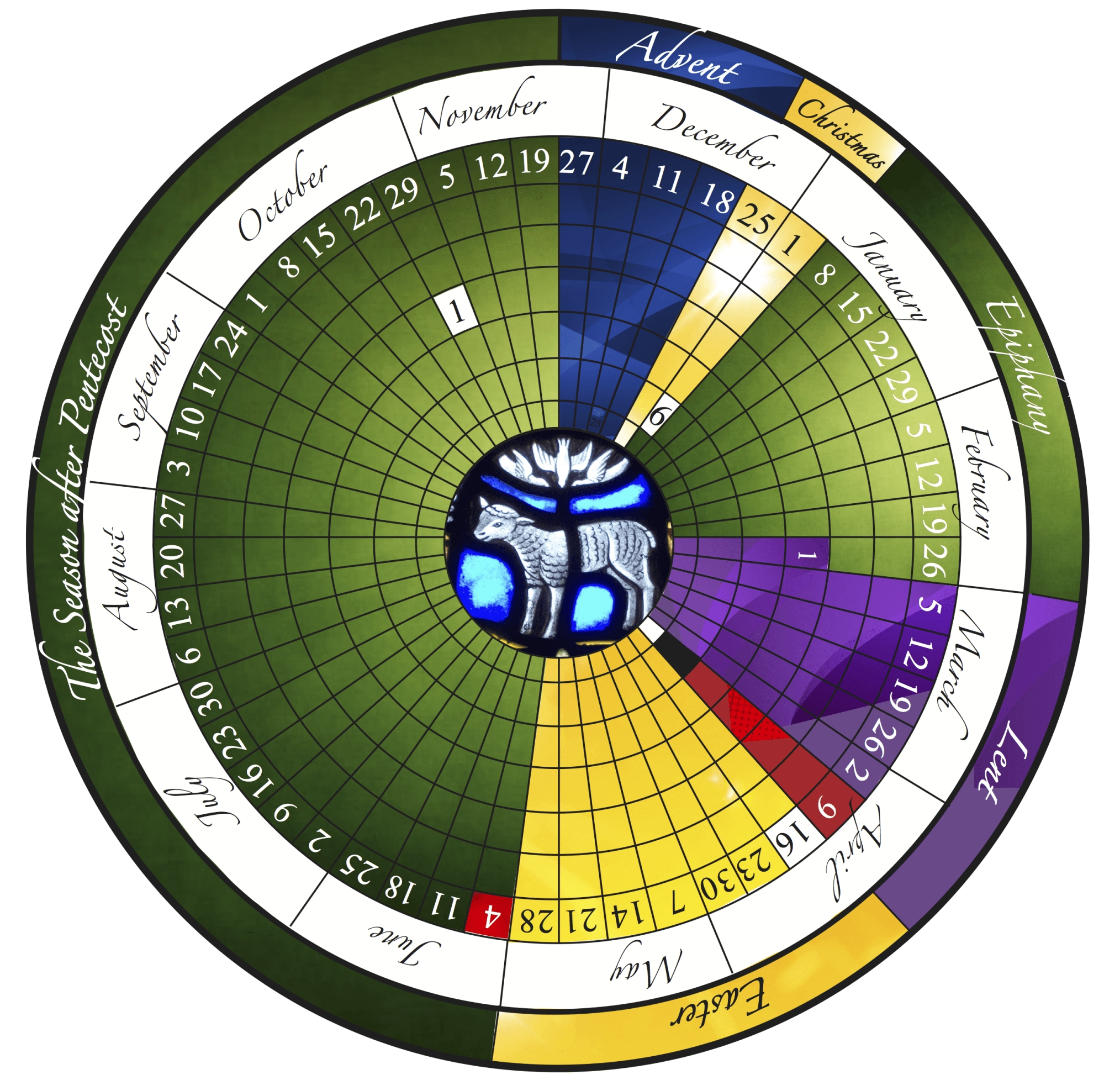
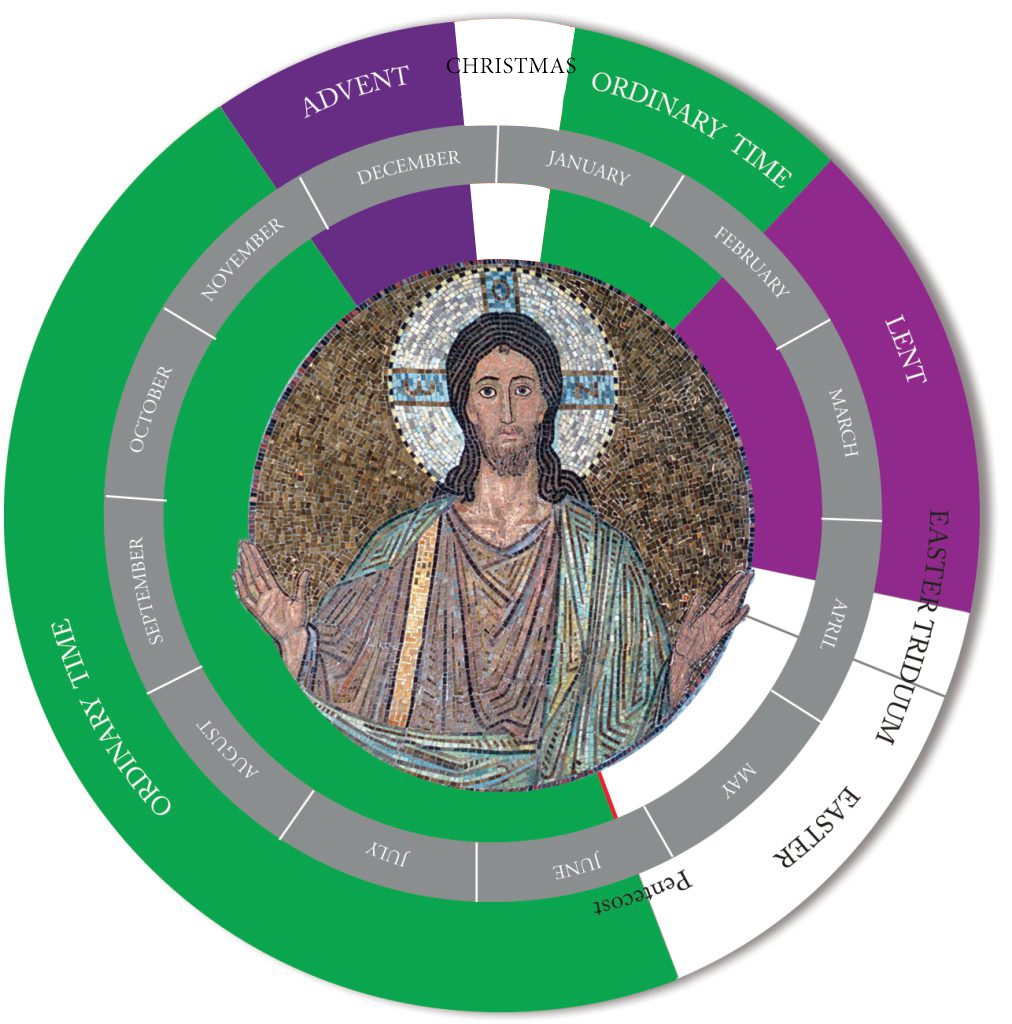
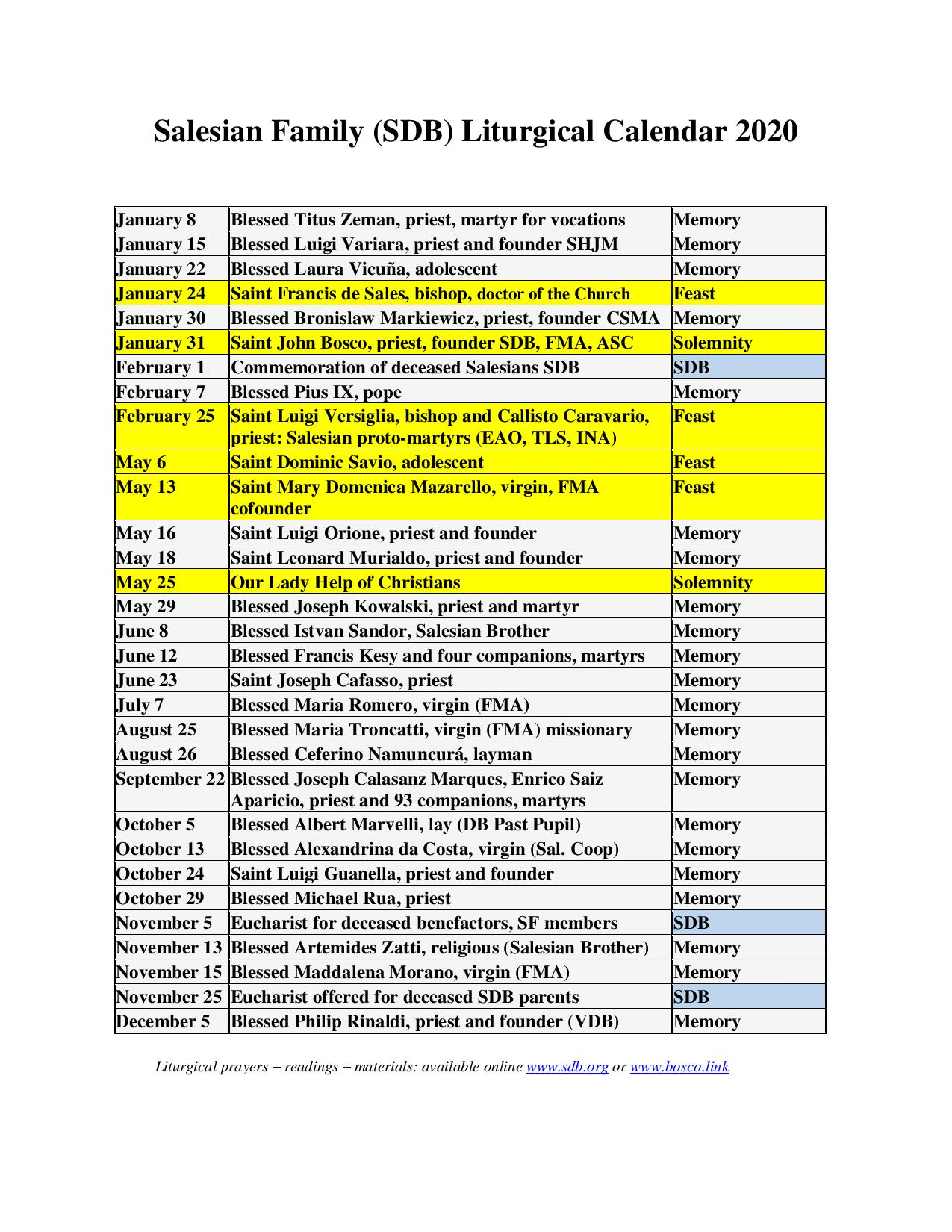

Closure
Thus, we hope this article has provided valuable insights into The Liturgical Calendar for Year A: 2025. We appreciate your attention to our article. See you in our next article!